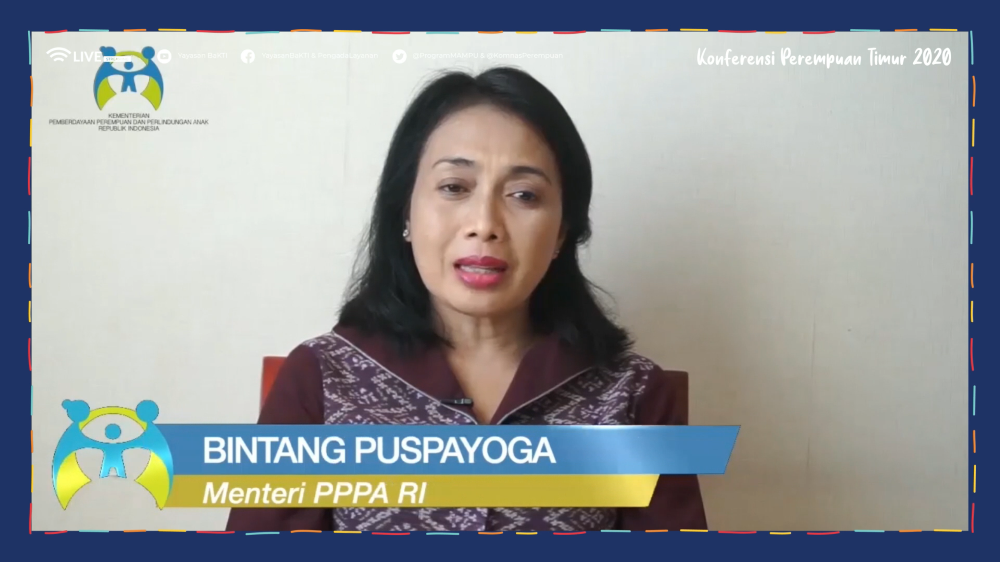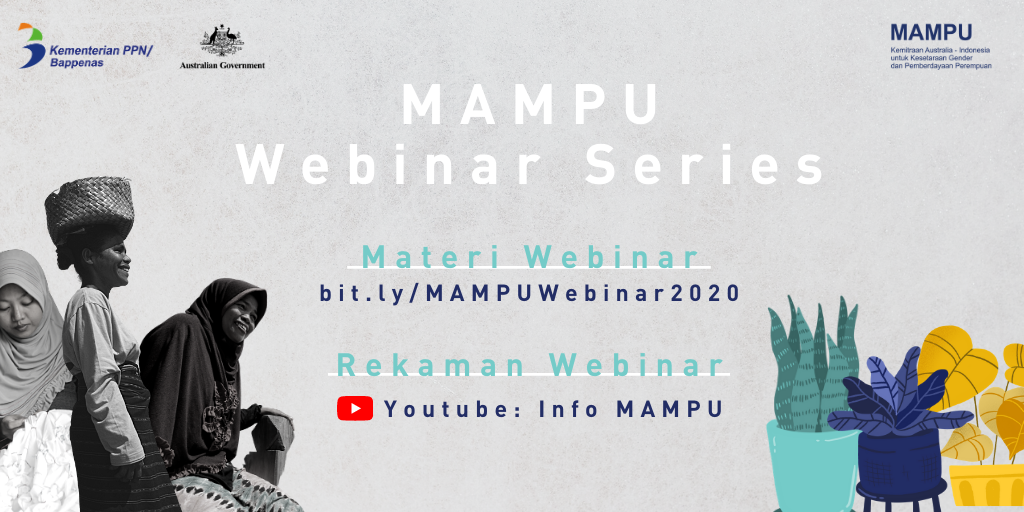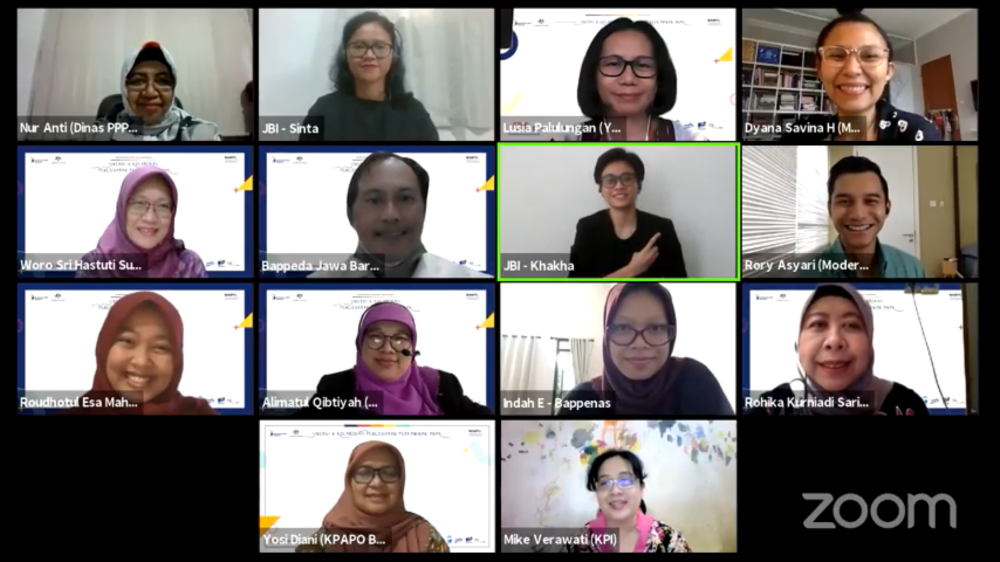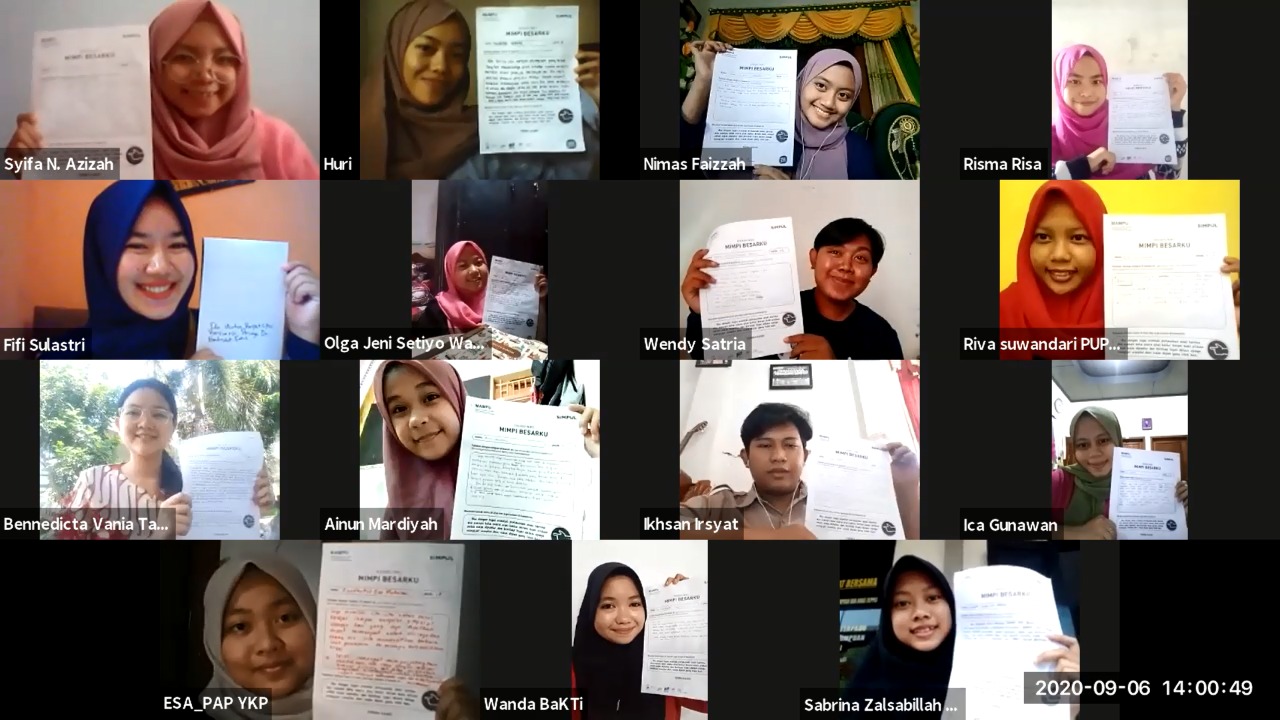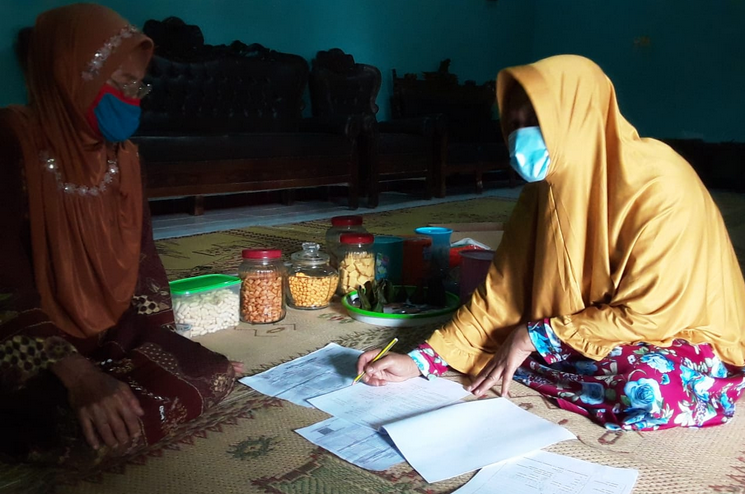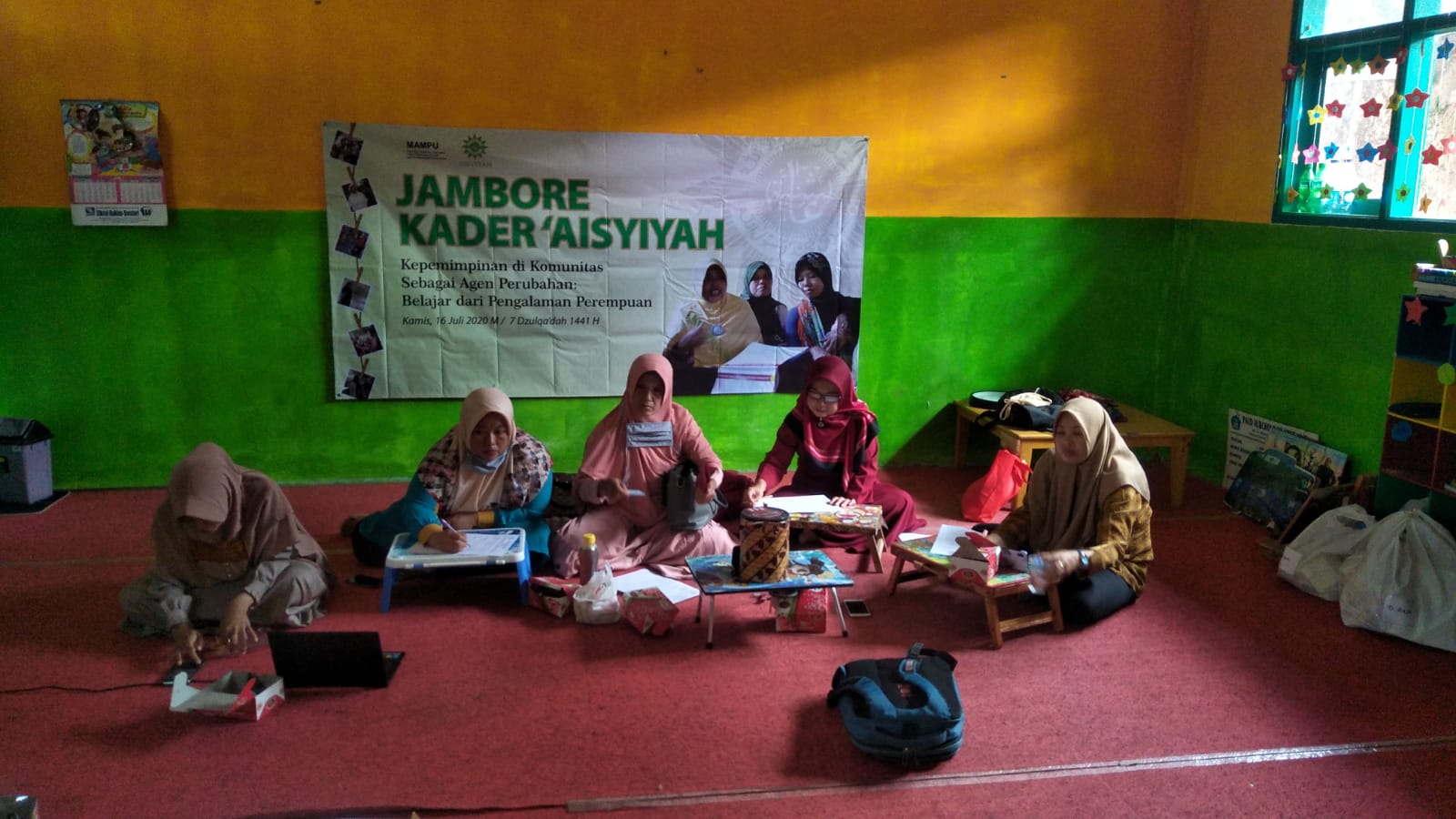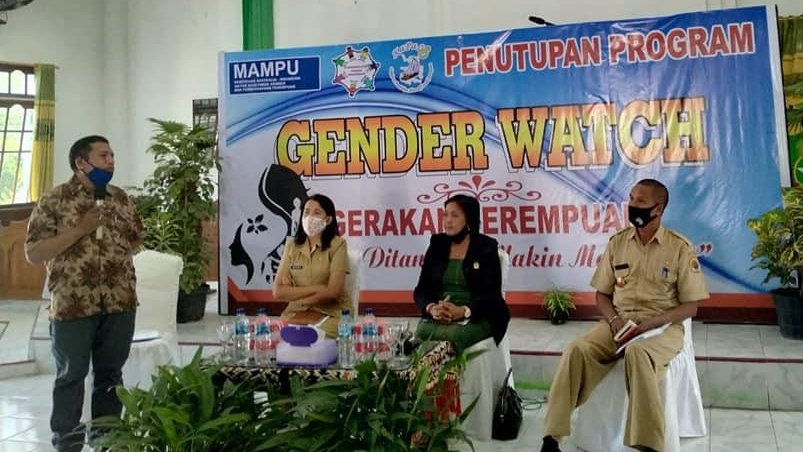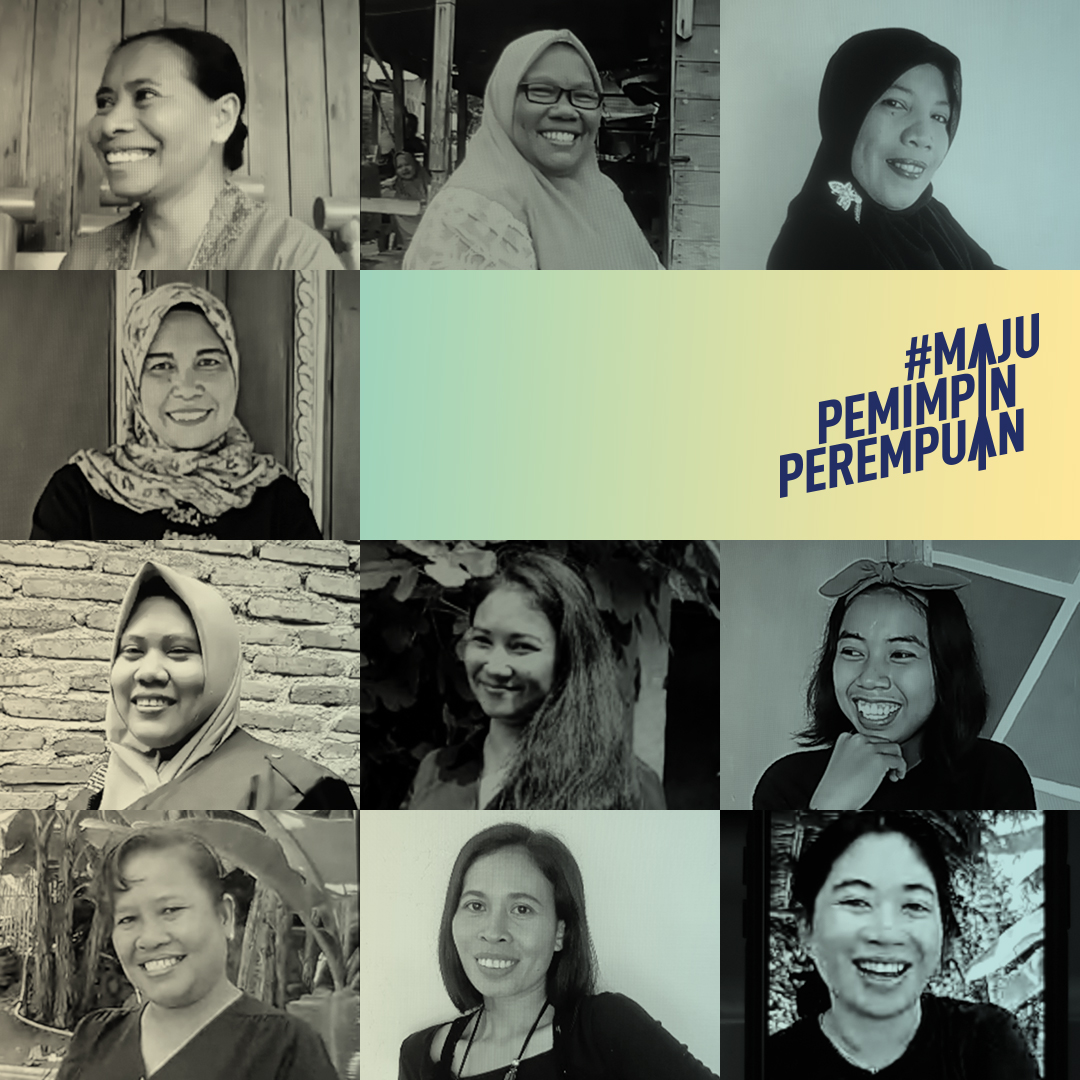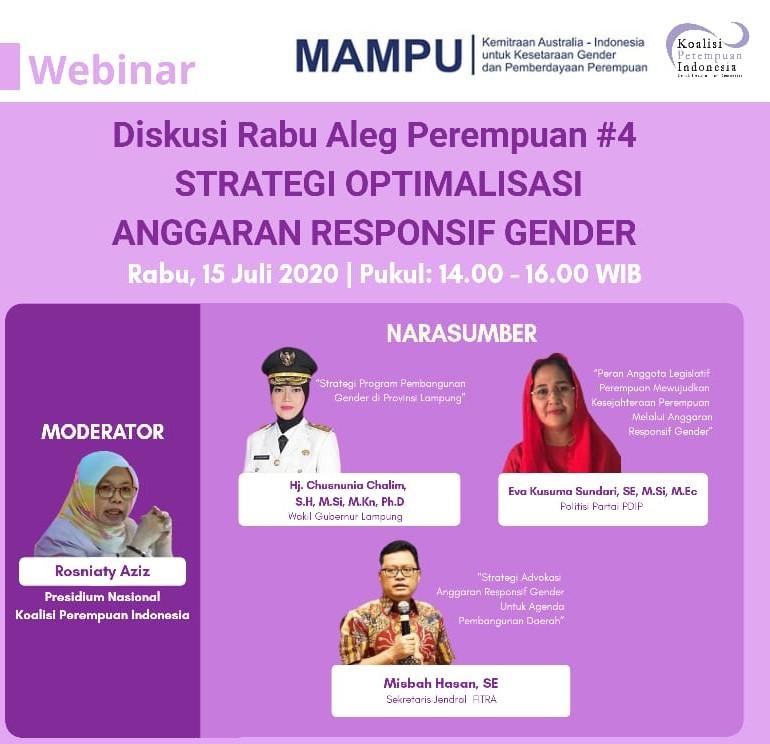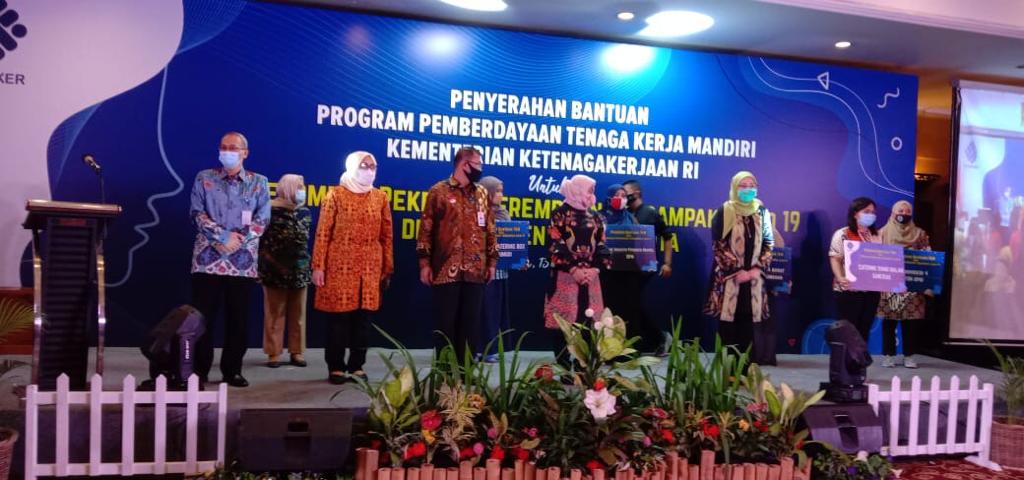Event
Food Security During the Pandemic: The Story of a Sumatran Woman
23 June 2020Author: Amron Hamdi
Communities exchanging food
At the end of March 2020, the Governor of Bengkulu Province formally declared that his territory was a ‘red zone’ for COVID-19 transmission. The crisis has had big impacts on various groups of people in this region.
In Sumber Urip Village, Rejang Lebong Regency, a group of women vegetable farmers are among those impacted. These women have experienced a significant decrease in their income. Before the pandemic, the group would earn up to IDR 200,000 per day. After the local government imposed social distancing requirements, their average income has ranged between IDR 60,000 and IDR 80,000 per day. Their decrease in income has been caused by a turbulent market, competition between farmers, and the falling prices of palm oil and vegetables, all direct results of the pandemic.

Suhartini (47) lives in the village and is the local Chair of the Harapan Perempuan Credit Union initiated by Cahaya Perempuan Women’s Crisis Center — which forms part of the PERMAMPU Consortium. The Credit Union has collected data on the impact of the pandemic on residents’ health and economic situation.
“The data from each of the respective families are reported to the village midwife and the community health centre (Puskesmas) to be followed up because there are a number of people who are suspected to have contracted COVID-19,” said Suhartini. In the first week of April 2020, 10 suspected cases of COVID-19 had been documented in Sumber Urip Village.
WCC Cahaya Perempuan is developing various educational materials to inform locals about how to best prevent the spread of COVID-19. These materials are disseminated through instant messaging applications, such as WhatsApp.
“The Credit Union is working with the Puskesmas, community police, other village authorities and the Family Welfare Movement (PKK) to teach residents how to make disinfectant to clean their homes,” she said.
The Harapan Perempuan Credit Union has initiated a food security program to assist women farmers in Sumber Urip Village who have suffered a significant economic loss as a result of the crisis. Through this program, women farmers can trade the yields of their crops for other goods, such as fish, to provide for their own and their families’ basic nutritional needs.

Suhartini hopes this initiative will continue for the duration of the pandemic, Aat least to meet our needs until the situation improves and can return to normal activities,” she said.
Village funds for vegetable seeds
Meanwhile, in Karya Mulyo Sari Village, Rokan Hilir Regency, Riau Province, Ruslia, a mother of one who works as both a teacher and food vendor began to feel the impact of the pandemic in mid-March.
Ruslia was afraid that she could be infected with the novel coronavirus while interacting with her customers and decided to move her business online. She realised that from the beginning of the pandemic significant economic hardship was being experienced by her whole community. “To meet the needs of my family, I took out a loan from the cooperative. I know that other residents must also be facing difficult situations.”
Before the pandemic, the average income of members of the Mutiara Rokan cooperative was between IDR 1.5 and IDR 3 million per month. However, economic difficulties since the pandemic began have caused their income to fall below IDR 1 million per month.
“I proposed to the Village Head that residents should be assisted to be able to grow vegetables in their homes. The proposal was approved by the Village Head and there was a Village Fund budget allocation for the purchase and distribution of plant seeds,” Ruslia said proudly.
The seed distribution program, which began on 5 April 2020, contributes to food security objectives for residents of Karya Mulyo Sari Village. The program distributes five types of vegetable seeds such as eggplant, lettuce, broccoli, chilli, long beans, mustard greens and tomatoes to each household.
Ruslia hopes that the seed distribution program will continue to ease the economic burden faced by families during this difficult time. “This program helps save household expenses, and hopefully can help to meet nutritional needs during the pandemic.”
From fields to sewing machines
Afriyati (53), is a member of the Women’s Small Business Group (KPUK) assisted by PERMAMPU member LP2M in Padang Pariaman Regency. Afriyati and her husband have for many years grown and sold medicinal plants and vegetables. Their clients are local residents to whom they market their crops by word of mouth. She said that since the outbreak began, people had stopped visiting her and buying her produce. “However, by planting vegetables my husband and I don’t have to go to the crowded market very often,” she said.
In contrast to Afriyati’s story, in Pangian, Tanah Datar District, Padang, West Sumatra, Zilnovita, a member of an LP2M supported group, lobbied the local government and the Village Head to provide cloth face masks for all residents as a preventative measure for COVID-19. This has provided new economic opportunities for the community. “So far, I have always tried to meet my family’s nutritional needs, but that is not enough. We need personal protective equipment for when we have to do activities outside,” said Zilnovita.
In Tanjung Bonai Village, Misdar, a woman who has grandchildren in her care, also experienced a change to the amount and source of her income. Before the pandemic, Misdar worked as a farmer and tailor, now she only continues the sewing business to meet her family’s needs. Misdar has felt the effects of the decline in residents’ purchasing power.
“Now, my only hope is to make a living from stitching cloth masks to order. I and the group asked the Head of Tanjung Bonai to facilitate income for the local women’s group by ordering masks.” Misdar always tells her grandchildren to practice good hygiene, not only to avoid COVID-19, but so that they have longer healthier lives.




